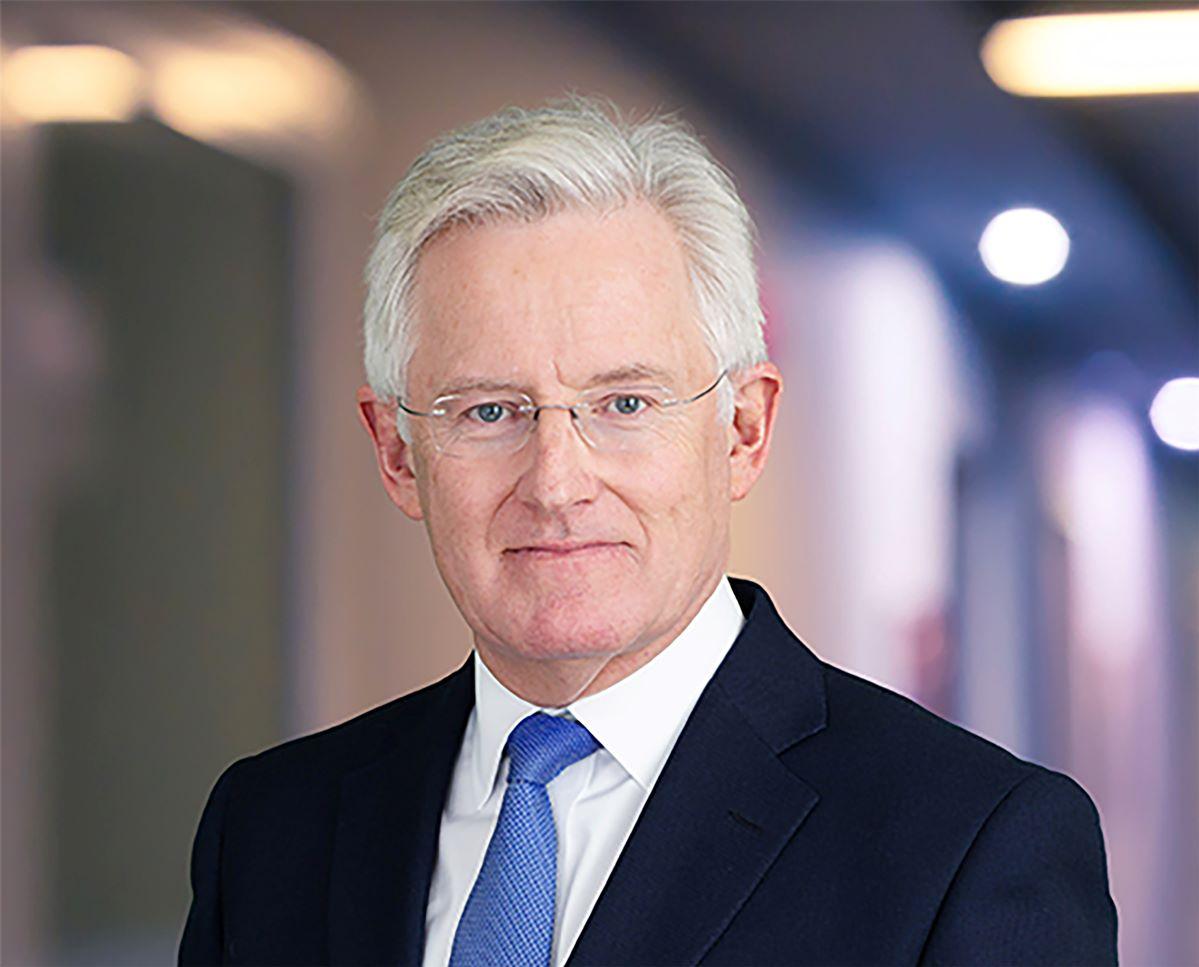A bid for HSBC Malta is part of a broader strategy to lead banks in small countries, the chair of the Bank of Georgia’s parent company told Times of Malta.
The bid was submitted by Lion Finance Group, the bank’s London-listed holding company, which also operates banks in Armenia and, more controversially, Belarus.
Its bid faces an uphill battle, as the Maltese government is understood to be more amenable to HSBC being sold to an EU bank. Greece’s Attica Bank became the first such bidder to enter the race this week.
Known as Bank of Georgia Group until earlier this year, Lion Finance’s shareholders feature several familiar names.
While its largest shareholder, with a fifth of all shares, is a Georgian investment firm, other shareholders include BlackRock, JP Morgan and Vanguard, each of which own around a five per cent stake in the group.
As the company, now worth just under €4 billion on the stock market, expanded, it eventually changed its name to reflect its ventures outside of Georgia, the group’s chair Mel Carvill told Times of Malta.
“We had been looking for European expansion,” Carvill said, arguing that Malta’s size makes it a particularly interesting proposition.
“One of our business models is to be leading banks in smaller jurisdictions,” he explained, pointing to the group’s operations in Georgia and Armenia. “Malta is smaller but you can be a leader in a small jurisdiction”.
And Malta being richer than the other countries in which the company operates “makes it very attractive for banking offerings”, he said, describing the country as “an interesting place with fast economic growth”.
Ultimately, Carvill says, the group had “a long-term strategic focus to find somewhere where we can have a significant market share and bring benefit to the country”, while also “making a decent return for our shareholders”.
While the group is active across Eastern Europe, an HSBC Malta takeover would be the group’s first EU bank.
Carvill is quick to quell the suggestion that the company would need to adjust to EU banking rules, insisting that “banking regulations in Georgia are very much a mirror of what exists in the EU”.
However, he remains tight-lipped over the company’s plans for its Maltese operations, insisting that market rules preclude him from divulging any information.
 Lion Finance Group chair Mel Carvill. Photo: Lion Finance Group
Lion Finance Group chair Mel Carvill. Photo: Lion Finance GroupThis, it seems, includes whether the company has engaged with regulators and local authorities, and what stage its bid is at. Carvill also stops short of commenting on reports that the company’s bid is lower than several others, an issue sources say could derail the bid.
Carvill is also reluctant to speak of the company’s plans for the bank if its bid does succeed, instead pointing to the company’s other banks as a blueprint.
“If you look at how we operate in Armenia, for example, we’ve tried very much to remain a local bank,” he says. “Our approach is that we remain part of the local community and understand the economy and culture of the place in which we’re working.”
Ultimately, he says, the company sees itself as “facilitators of economic growth in the countries in which we work”, promising to offer a “smart apps and easy customer journeys”.
We were voted the best digital bank in the world in 2024- Mel Carvill
Carvill argues that the company’s trump card is its digital offering. “We were voted the best digital bank in the world in 2024,” he says, referring to an award issued by financial magazine Global Finance.
Although Carvill is keen to speak about the bank’s tech credentials, he is quicker to gloss over the group’s business in Belarus, which is under international sanctions over its ties to Russia.
The company initially bought a 70-per-cent stake in Belarussian bank Belarusky Narodny Bank (BNB) in 2008, eventually increasing its shares to now have full ownership of the bank.
Carvill describes the company’s Belarus link as “a small, historic relationship”, and “a legacy asset”.
“It is tiny, less than three per cent of the business,” Carvill says. “It is run in line with EU and UK standards,” he adds.
BNB has avoided EU sanctions imposed on several other Belarussian banks but has nonetheless fallen foul of Canadian sanction.
“Canada decided to sanction the whole of the Belarussian banking sector,” Carvill says. “It’s obviously a very difficult situation because of what’s happened geopolitically,” he admits.
Could the company’s operations in Belarus raise concerns among regulators, particularly the European Central Bank, which would need to green-light a deal?
“I hope not because we’ve done everything by the book and we’re fully compliant,” Carvill says.
“We’re in very good standing with the regulators in all the jurisdictions we work in, we have an exemplary regulatory record,” he adds. “But ultimately that’s a decision for local and international regulators to make.”
In any case, he argues, the company’s structure provides reassurance over its transparency.
“We’re London-listed, so that means we have to comply with UK governance and regulations. We’re in the FTSE 250, so there’s a lot of transparency.”
Just as importantly, he says, “we’re not controlled or owned by any individual”, seemingly drawing a contrast between Lion Finance and its main competitor on the bid, Ardshinbank, owned by Armenian billionaire Karen Safaryan.
The race between the two companies echoes the situation in Armenia, where Lion Finance bought Ardshinbank’s top competitor, Ameriabank, for over €260m in 2024.
